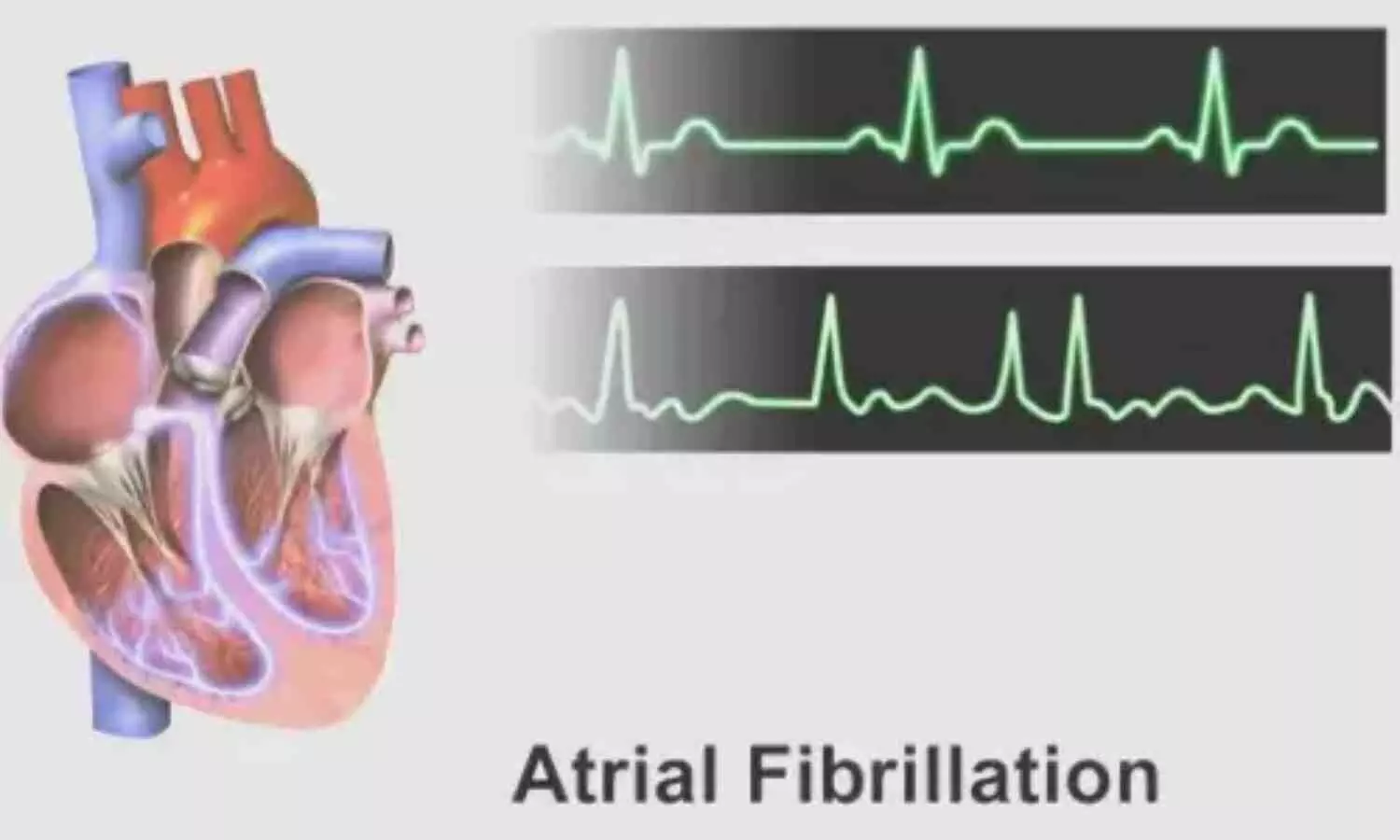Living in a food desert doubles stroke risk for patients with atrial fibrillation, study finds
- byDoctor News Daily Team
- 19 September, 2025
- 0 Comments
- 0 Mins

Patients withatrial fibrillationwho live in neighborhoods with poor access to full-service grocery stores face sharply higher odds ofstrokeand death, according to a new study from Tulane University. Researchers at Tulane University School of Medicine found that, compared with similar patients in better-served areas, those in food deserts had more than double the risk ofischemic strokeand nearly four times the risk of death. The study, published in the journalJACC: Advances, analyzed electronic health records for 1,553 patients treated for atrial fibrillation (an irregular heartbeat) in the New Orleans area between 2010 and 2019. Using federal maps that flag “food deserts,” defined as places where many residents live more than a mile from a supermarket, the team sorted patients by ZIP code into two groups: 1,115 living inside food deserts and 438 living outside them. Researchers then compared patients with similar medical profiles but different levels of neighborhood food access. They tracked who was hospitalized, suffered stroke or died and adjusted for age, sex, body mass index, common health conditions (such as hypertension and diabetes) and medications, including blood thinners. The differences were stark. After accounting for other risks, food-desert residence was linked to a 2.21-times higher risk of ischemic stroke and a 3.84-times higher risk of death over five years. A combined measure of “any bad outcome” (hospitalization, stroke or death) was 42% higher. Researchers believe it is likely that residents living in food deserts nationwide experience similar increased risks. The findings demonstrate an urgent need to increase cardiovascular screenings for conditions such as atrial fibrillation, particularly in New Orleans and communities with similar socioeconomic profiles, said corresponding author Dr. Nassir Marrouche, director of the Tulane University Heart and Vascular Institute. “This research shows that for patients with AF, the environment they live in, the basic infrastructure of their neighborhood, can be just as important as the care they receive in the clinic,” Dr. Marrouche said. “Something as fundamental as access to healthy food could literally save lives.” Researchers used the REACHnet clinical research database to identify local patients and matched their ZIP codes to the U.S. Department of Agriculture’s Food Access Research Atlas. They then used standard survival curves and risk models to compare outcomes while controlling for other factors. To help reduce risks for patients, the authors suggest clinicians ask simple screening questions about food access and connect at-risk patients to nutrition programs or social services. Policymakers and health systems could target nutrition support and grocery access in neighborhoods where medically vulnerable residents live. “At the Tulane Research Innovation for Arrhythmia Discovery (TRIAD) Center, our research team is committed to addressing the specific needs of the New Orleans community,” Marrouche said. “Early detection through expanded screening efforts can save lives in these vulnerable communities where we’ve unearthed these striking disparities. By focusing on local data and real-world health disparities, we’re working to create more inclusive models of care and improve cardiovascular outcomes where it’s needed most.” Christianson, E, Liu, Y, Dahl, A. et al. Impact of Food Desert Residence on Ischemic Stroke and Hospitalization Risk in Atrial Fibrillation Patients. JACC Adv. 2025 Oct, 4 https://doi.org/10.1016/j.jacadv.2025.102083
Disclaimer: This website is designed for healthcare professionals and serves solely for informational purposes.
The content provided should not be interpreted as medical advice, diagnosis, treatment recommendations, prescriptions, or endorsements of specific medical practices. It is not a replacement for professional medical consultation or the expertise of a licensed healthcare provider.
Given the ever-evolving nature of medical science, we strive to keep our information accurate and up to date. However, we do not guarantee the completeness or accuracy of the content.
If you come across any inconsistencies, please reach out to us at
admin@doctornewsdaily.com.
We do not support or endorse medical opinions, treatments, or recommendations that contradict the advice of qualified healthcare professionals.
By using this website, you agree to our
Terms of Use,
Privacy Policy, and
Advertisement Policy.
For further details, please review our
Full Disclaimer.
Recent News
NMC approves 2,337 new PG medical seats for NEET P...
- 22 October, 2025
Rajasthan MBBS student airlifted from Kazakhstan a...
- 22 October, 2025
NEET SS 2025 now on December 26th, 27th: NBE
- 22 October, 2025
Daily Newsletter
Get all the top stories from Blogs to keep track.


0 Comments
Post a comment
No comments yet. Be the first to comment!